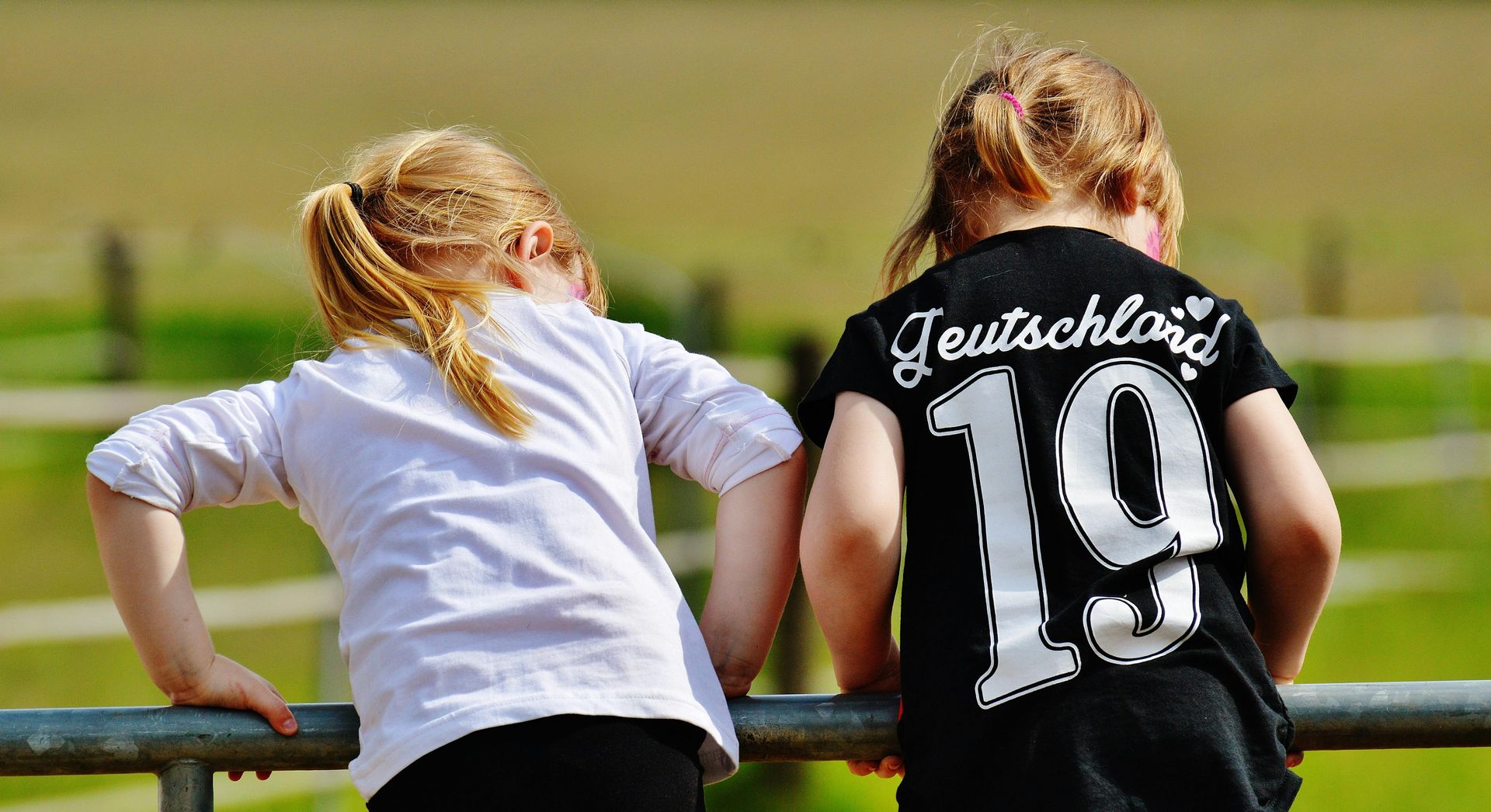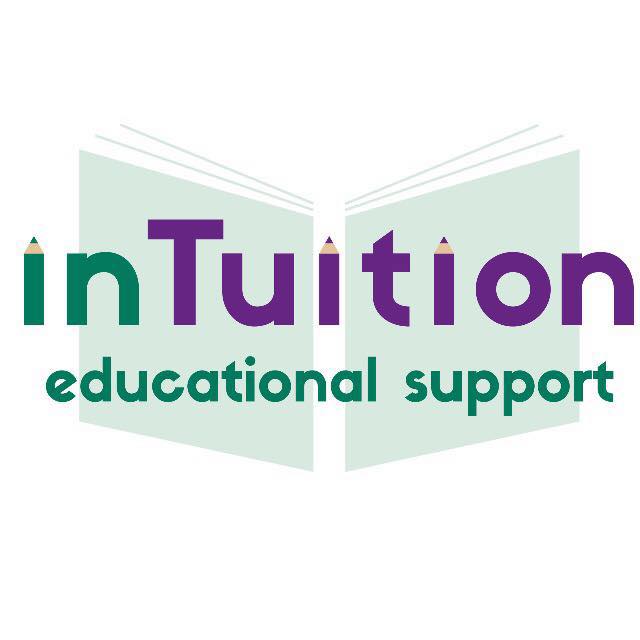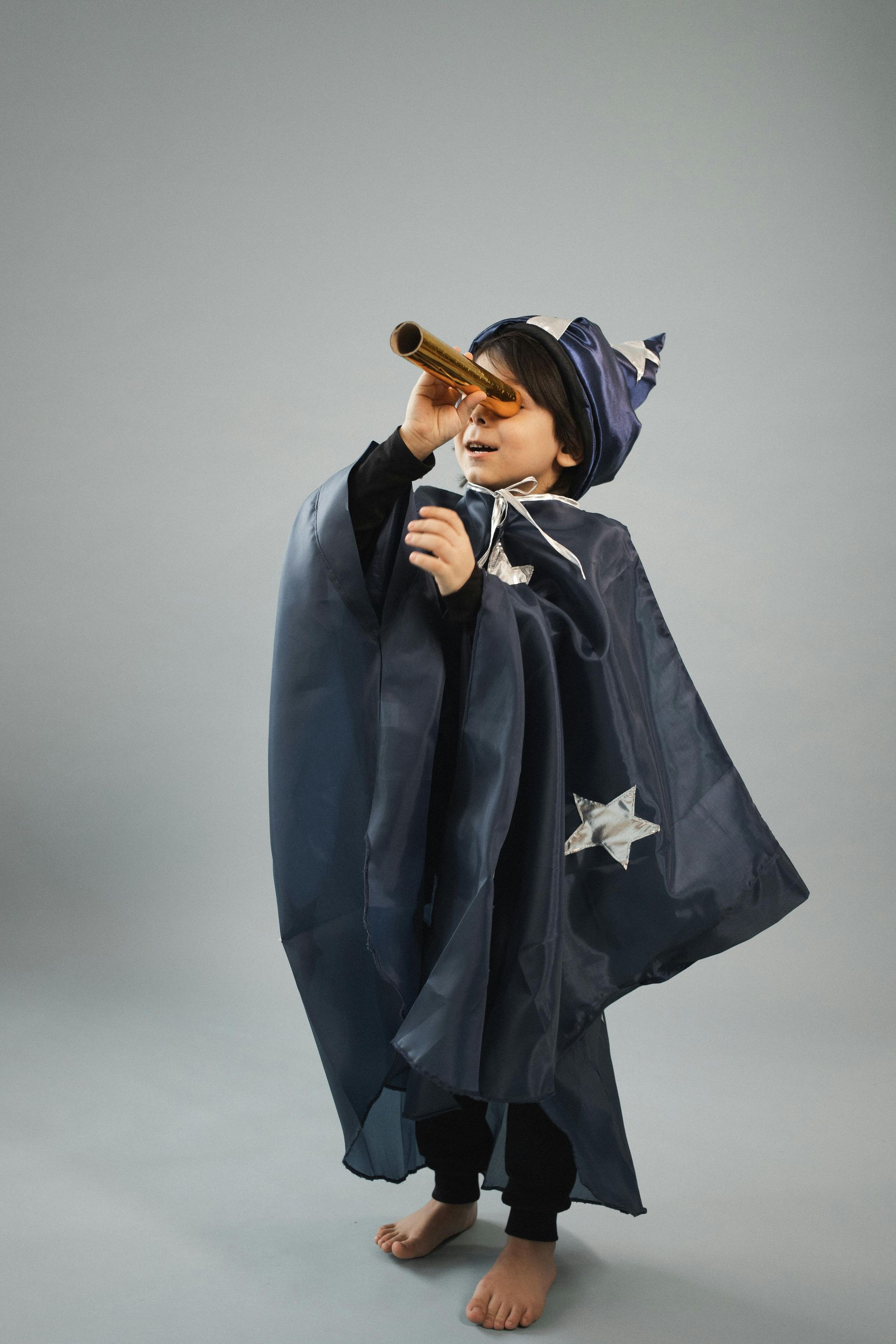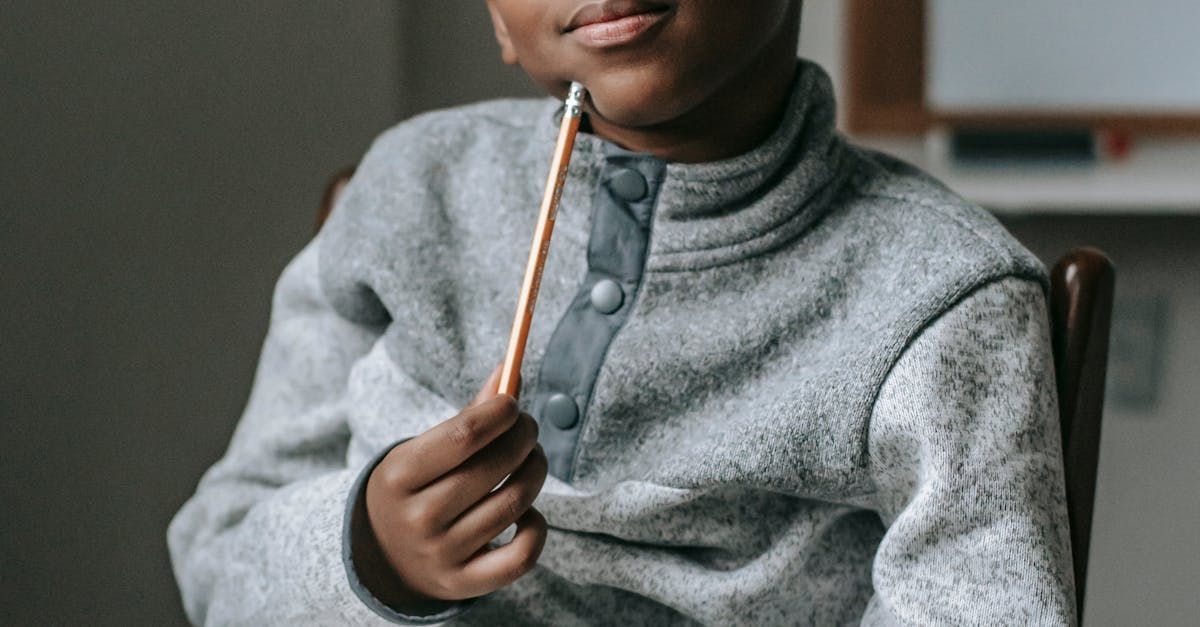The Importance of Raising Curious and Worldly Children
The Power of Curiosity

Raising curious and worldly children is more crucial than ever in a rapidly evolving world. Curiosity and global awareness are not merely desirable traits but essential skills that foster innovation, empathy, and lifelong learning. Recent research underscores the significance of these qualities in children's development and future success. Supported by insights from scientific studies, let's delve into why nurturing these qualities in children is of paramount importance.
The Power of Curiosity
Curiosity is the driving force behind all learning and discovery. When children are curious, they naturally explore, ask questions, and seek out new information. This intrinsic motivation is far more powerful than any external incentive. Here’s why curiosity matters, backed by research:
Encourages Lifelong Learning: A study published in the journal Paediatrics found that curiosity significantly predicts academic achievement in young children, independent of socio-economic status (Shah et al., 2018). Children with high levels of curiosity were likelier to perform better in reading and math.
Fosters Critical Thinking: Research published in The Journal of Experimental Child Psychology indicates that curious children develop better problem-solving skills and critical thinking abilities. Their propensity to ask questions and seek answers leads to deeper cognitive processing (Engel, 2013).
Enhances Problem-Solving Abilities: The link between curiosity and problem-solving is well-documented. A study in Personality and Social Psychology Bulletin demonstrated that curious individuals are better at finding creative solutions to complex problems (Kashdan et al., 2004).
Boosts Creativity: Curiosity fuels creativity, as highlighted in research from The Creativity Research Journal. Children who exhibit higher levels of curiosity tend to have greater creative outputs, as they are more willing to experiment and embrace novel ideas (Hagtvedt et al., 2019).
The Value of Being Worldly
In addition to curiosity, cultivating a worldly perspective in children is equally important. Being worldly means having an awareness and understanding of global cultures, issues, and perspectives. Research highlights several benefits of raising worldly children:
Promotes Empathy and Tolerance: A study in the Journal of Cross-Cultural Psychology found that exposure to diverse cultures significantly enhances empathy and reduces prejudice among children (Hitti et al., 2014). Understanding different perspectives fosters a sense of shared humanity.
Prepares for a Globalized World: Being worldly is a valuable asset in an increasingly interconnected world. Research published in Globalization and Education emphasizes that children with a global outlook are better prepared to navigate and succeed in a globalized society (Suárez-Orozco et al., 2011).
Enhances Communication Skills: Understanding different cultures improves communication skills. An Intercultural Education study found that children exposed to multiple languages and cultures develop better interpersonal and communication skills (Byram, 2008).
Encourages Social Responsibility: Worldly children are more aware of global issues such as poverty, climate change, and social injustice. Research in The Journal of Moral Education indicates that this awareness often inspires a sense of social responsibility and a desire to contribute to positive change (Nucci & Narvaez, 2008).
How to Foster Curiosity and Worldliness in Children
As parents, educators, and mentors, there are several ways we can nurture curiosity and worldliness in children, supported by research:
Encourage Questions: Create an environment where questions are welcomed and valued. A study in Science Education found that children’s scientific curiosity and questioning are strongly influenced by the educational environment (Chin & Osborne, 2008).
Provide Diverse Experiences: Expose children to various experiences, from travel (even if it’s virtual) to exploring different cuisines, music, and languages. Diverse experiences broaden their horizons and foster a global perspective (Fantini, 2009).
Model Curiosity and Openness: Children learn by observing. Show your curiosity and openness to learning new things. Research in Developmental Psychology suggests that parental modelling of curiosity significantly influences children's own curiosity (Gruber et al., 2014).
Support Their Interests: Pay attention to your child's interests and provide resources to explore them further. Supporting their interests fuels their curiosity and passion for learning (Renninger & Hidi, 2016).
Discuss Global Issues: Engage children in age-appropriate discussions about global issues. Encourage them to think about solutions and consider how they can make a difference (Merryfield, 2000).
Conclusion
Raising curious and worldly children is not just about preparing them for academic success; it’s about equipping them with the tools they need to navigate and thrive in a complex, interconnected world. By fostering curiosity and a global perspective, we help our children become compassionate, innovative, and responsible global citizens. The world needs more of these qualities, starting with how we nurture the next generation.
If you have more ideas or strategies for raising curious and worldly children, share them in the comments below! Let's continue the conversation and learn from each other.
References:
Shah, P. E., Weeks, H. M., Richards, B., & Kaciroti, N. (2018). Early childhood curiosity and kindergarten reading and math academic achievement. Pediatrics, 141(5), e20173180.
Engel, S. (2013). The case for curiosity. The Journal of Experimental Child Psychology, 115(3), 545-548.
Kashdan, T. B., Rose, P., & Fincham, F. D. (2004). Curiosity and exploration: Facilitating positive subjective experiences and personal growth opportunities. Personality and Social Psychology Bulletin, 30(3), 291-303.
Hagtvedt, H., Dossinger, K., Harrison, S. H., & Huang, L. (2019). Curiosity made the cat more creative: Specific curiosity as a driver of creativity. The Creativity Research Journal, 31(4), 287-295.
Hitti, A., Mulvey, K. L., Rutland, A., Abrams, D., & Killen, M. (2014). When is it okay to speak up? Children's evaluations of intergroup peer encounters. Journal of Cross-Cultural Psychology, 45(4), 706-719.
Suárez-Orozco, M. M., & Sattin-Bajaj, C. (2011). Educating the whole child for the whole world: The Ross School Model and education for the global era. Globalization and Education.
Byram, M. (2008). From foreign language education to education for intercultural citizenship: Essays and reflections. Intercultural Education, 19(1), 1-19.
Nucci, L., & Narvaez, D. (2008). Handbook of moral and character education. Routledge.
Chin, C., & Osborne, J. (2008). Students' questions: A potential resource for teaching and learning science. Science Education, 92(3), 479-501.
Fantini, A. E. (2009). Assessing intercultural competence. The SAGE Handbook of Intercultural Competence.
Gruber, M. J., Gelman, B. D., & Ranganath, C. (2014). States of curiosity modulate hippocampus-dependent learning via the dopaminergic circuit. Developmental Psychology, 50(2), 337-349.
Renninger, K. A., & Hidi, S. (2016). The power of interest for motivation and engagement. Routledge.
Merryfield, M. M. (2000). Why aren't teachers being prepared to teach for diversity, equity, and global interconnectedness? A study of lived experiences in the making of multicultural and global educators. Teaching and Teacher Education, 16(4), 429-443.














